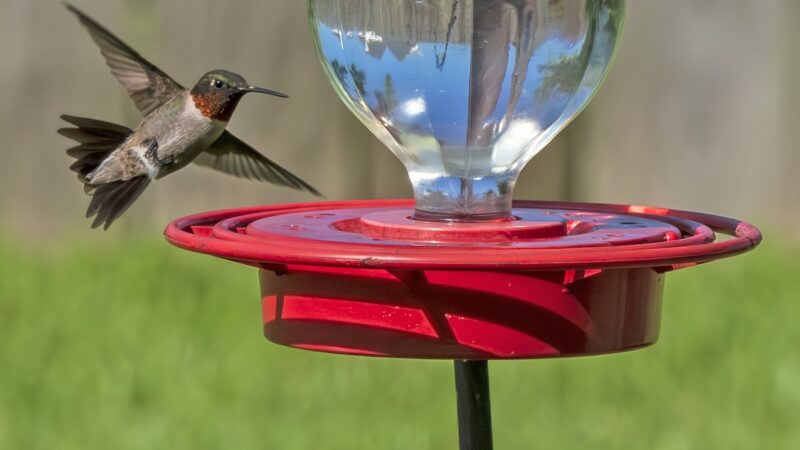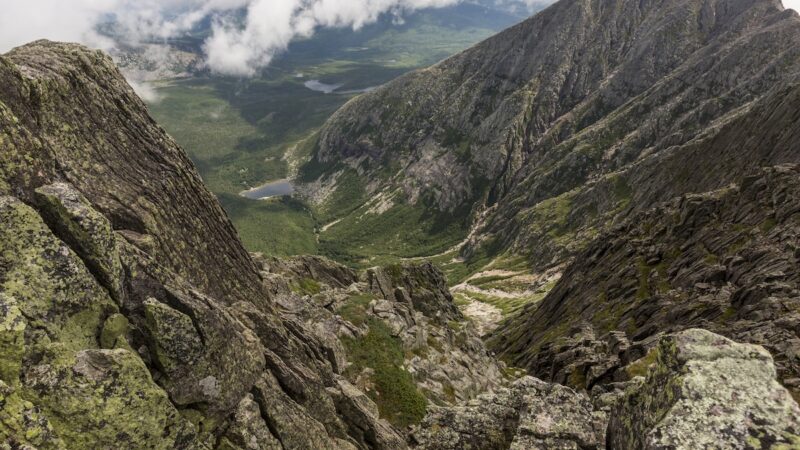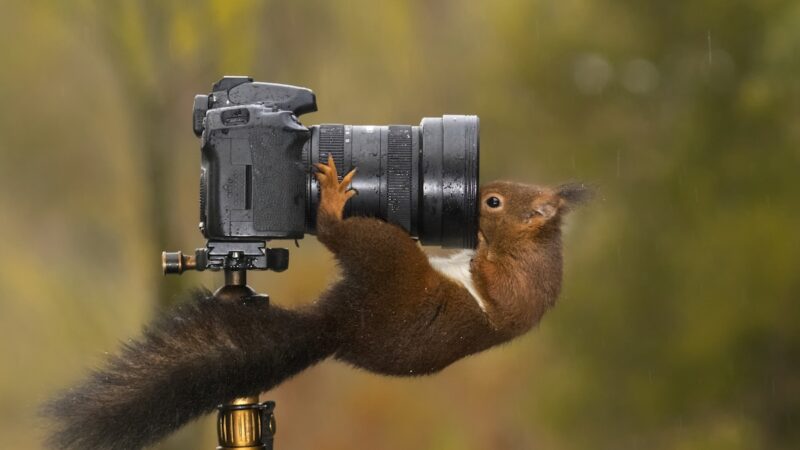Will ‘Holding It’ Make Me Colder? A Urologist Bursts This and Other Pee-Related Winter Myths
Winter is a stunning season for spending time outside. The landscape sparkles with fresh snow, there are far fewer folks on once-crowded trails, and views are often spectacularly different than in warmer months. With the cold comes plenty of myths, though, not the least of which have to do with your bladder.
Videos by Outdoors
So we chatted with Dr. Martha Boone, one of the first 100 women board-certified in urology and the author of the recently released The Unfettered Urologist, who has 35 years of experience in the field, to straighten out a few myths about how your bladder and the cold may (or may not) be related.
Myth #1: Holding it will make you colder.
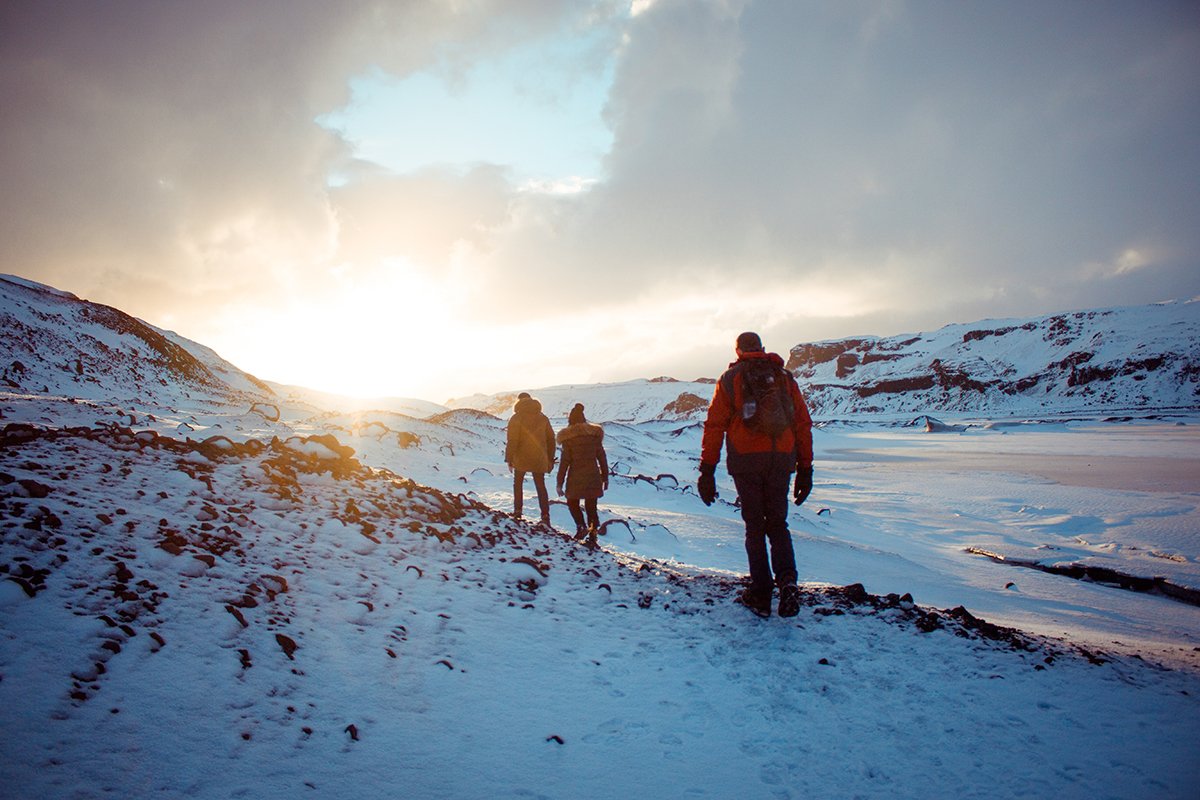
If there’s one myth more pervasive than any other when it comes to peeing outdoors in the winter, it’s that you shouldn’t hold it when you’re sleeping outside in the cold as doing so actually makes you colder. The argument plastered all over the internet in nearly every article about how to stay warm while winter camping goes like this: because there’s more liquid in your bladder, your body has to work harder to keep warm. Therefore, expelling it will make you feel warmer.
According to Boone, though, that’s nonsense. After all, urine is manufactured inside your body where it is (hopefully) 98.6°F. It starts at 98.6°, everything around it is 98.6°, therefore it stays 98.6° until it is released from your body.
“When urine is in the body, it’s holding the temperature of the body,” Boone explains. And it will continue to do so without much effort, as the human body wants to remain in homeostasis.
That said, the actual act of going—exiting your warm sleeping bag and tent and exposing yourself to the cold can make you colder. So to lessen the discomfort, keep a sealable vessel like a Gatorade bottle or screw-top jar (these have a wider opening) in the tent with you and go in that.
Myth #2: There must be something wrong with me, because I have to pee more often in the winter.
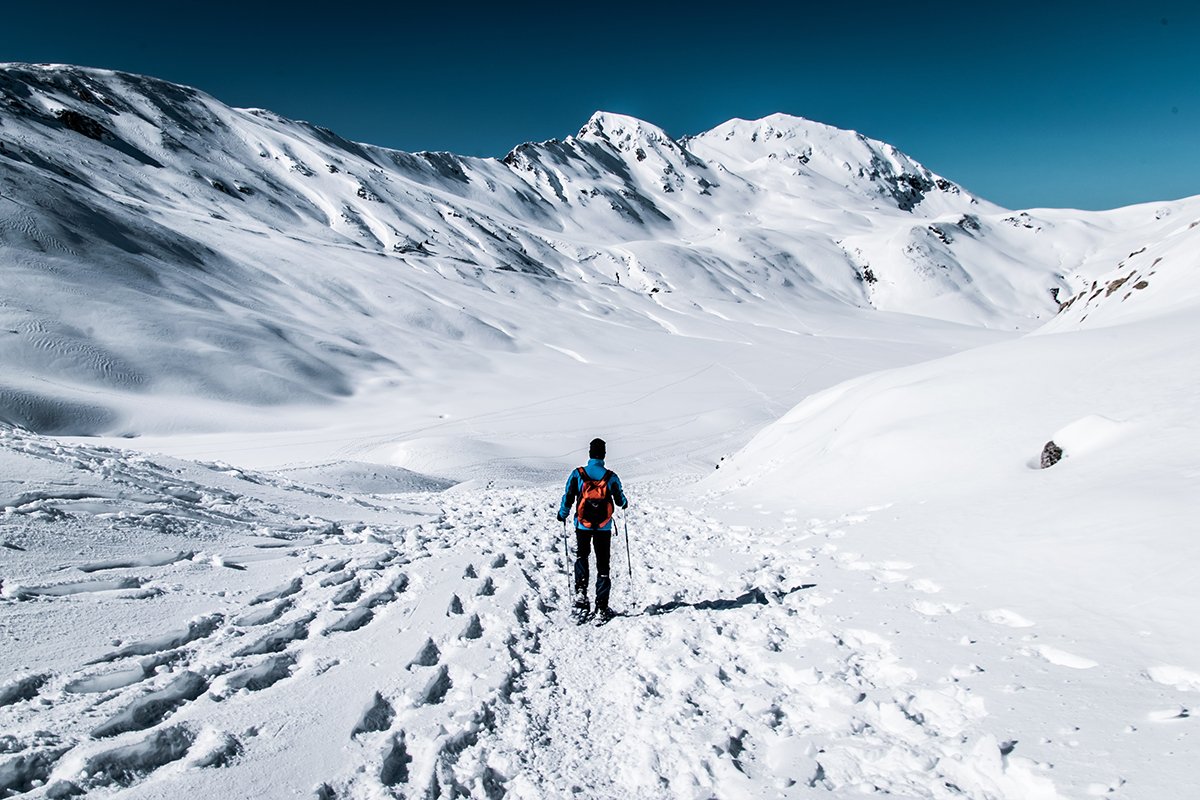
Take heart: feeling like you have to pee more often in the winter is usually totally normal. There can be several reasons for this, most of which have to do with all the ways your body regulates fluid, says Boone.
First, when you’re exposed to frigid temps for an extended period of time, your body diverts the blood from your skin to your core. This is called shunting, and it’s the reason your fingers and toes get cold first. Your kidneys, which filter blood and produce urine, may read this as elevated blood pressure and in an attempt to reach homeostasis, release more fluid into your bladder, which makes you have to go more often.
Additionally, in the winter, chances are you’re perspiring less than when you recreate outside in warmer months, which means all the fluids you consume are going straight to your bladder instead of out of your pores as sweat.
On top of that, if you’re cold enough to shiver, your body goes into thermogenesis, which acts to burn fat and glycogen in muscles in order to stay warm. Fat burning forms carbon dioxide and water. The former you simply breathe out, but the latter heads straight to your bladder, meaning the colder you are, the more pee breaks you’re likely to need.
Fortunately, it takes more than a few minutes’ exposure to cold for all of this to happen, so you’ll likely only notice it on days you’re outside for long periods of time or aren’t wearing enough layers.
Finally, while you may be tempted to wait as long as possible to go to reduce the number of bathroom breaks, take care, especially if you squat to pee. Those assigned female at birth run a higher risk of bladder infection in as little as a few hours when they hold it. For those assigned male at birth, it’s likely safe to hold it for five to seven hours because the urethra is longer. Women’s bladders also hold less—350-450 ml to males’ 45-550 ml. So, if you’re in the former group, don’t be surprised if you have to go twice as often as your male companions.
Myth #3: I’m sweating less in the winter so I can drink less.
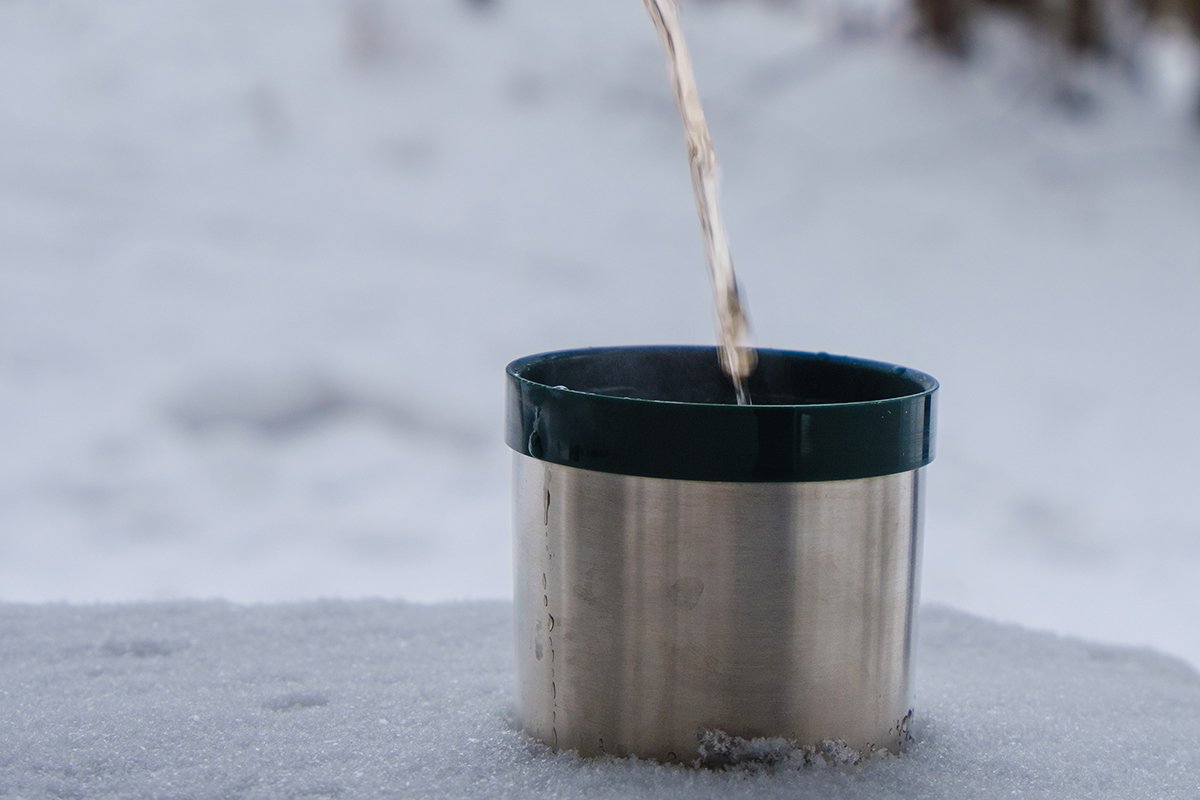
Yes, you may be sweating less than in the summer, but as evidenced above, you’re still losing a significant amount of fluid via urine when it’s cold, so you should still make sure to stay hydrated. (Yes, even if it means you have to remove all your layers a bit more frequently.)
However, Boone warns, “being in cold for longer than about 30 minutes can decrease your thirst mechanism. So if you’re waiting for your body to tell you it’s thirsty, you’re more likely to become dehydrated. Recommended fluid intake varies from person to person, but Boone recommends around 16 ounces for every hour of moderate exercise.
The Bottom Line
It’s that time of year—time to stop believing these pee-related winter myths. Just remember to stay hydrated, go as often as you need to, and no, holding it in the wee hours when winter camping won’t make you colder.
Source: https://outdoors.com/urologist-bursts-pee-related-myths/


